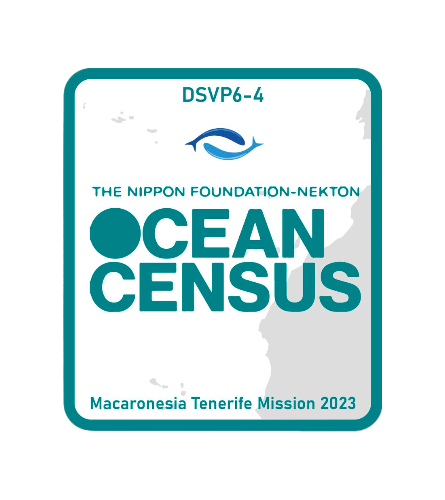Missions
Future missions
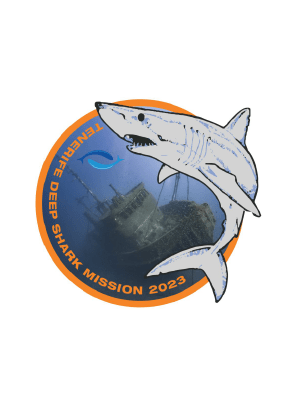
Tenerife Deep Shark Mission
Location: Tenerife, Canary Islands, Spain
Dates: 2024
Sharks such as blue sharks, schooling sharks, frill sharks, six gill sharks, the critically endangered angel sharks and many more are a focus of study by scientists all around the world. Researchers from around the world from multiple institutions are working together to increase the limited knowledge of sharks in the Canary Islands primarily focused in the deep water.0
During these dives Pisces VI will be diving with scientists and also with individuals looking for a deep-ocean experience, surrounded by sharks.
Past missions
DSVP6-4 Tenerife-Macaronesia Expedition
Location: Tenerife, Canary Islands, Spain
Dates: November and December 2023
Description: Expedition aimed to accelerate the discovery and description of marine species globally, collecting marine organisms to identify them combining fieldwork and taxonomic workshops with the participation of scientists from the Canary Islands, Europe and Cape Vert. Collected organisms have been documented, subsampled for molecular studies, preserved and submitted for accession to El Museo de Ciencias Naturales de Tenerife.
The marine biology of the Canary Islands is biogeographically linked to the Atlantic-Mediterranean regions and to the subtropical/tropical waters of the western Atlantic, being characterised by a high species diversity.
Expedition funded by the Nippon Foundation Ocean Census programme
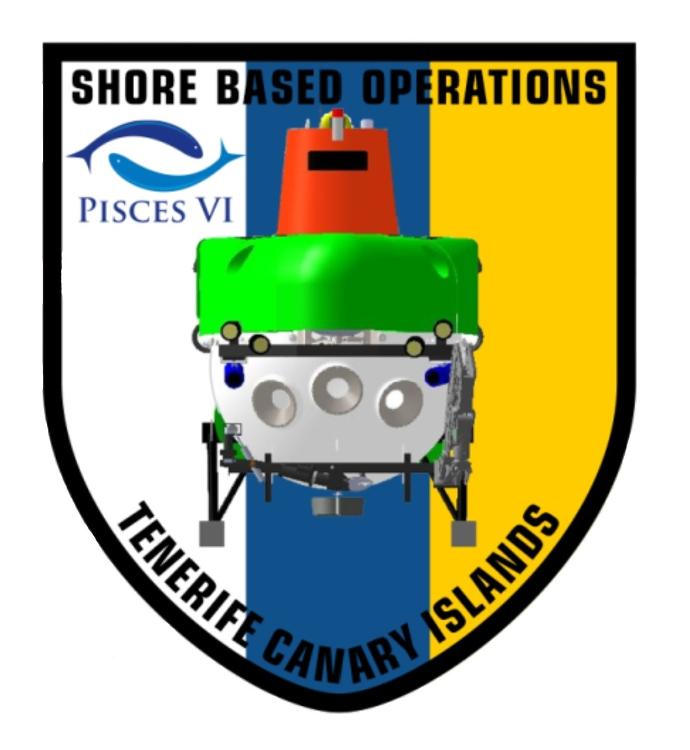
DSVP6-3A Shore Based Operations
Location: Tenerife, Canary Islands, Spain
Dates: 2023
Description: Private client dives for exploration and pilot training
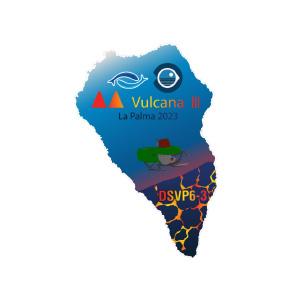
DSVP6-3 Vulcana III
Location: La Palma, Canary Islands, Spain
Dates: 2023
Description: Study of the volcanic systems of the Canary Islands by the Spanish Oceanographic Institution (IEO). Many innovative and effective methods have been used in the past Vulcana missions and the usage of a human occupied submarine that is designed to study volcanos will further expand our knowledge of the Canary Volcanic systems. This mission is designed to study the recent La Palma eruption below the surface where the lava delta reached depths of up to. This study is extremely important for the continuous monitoring and study of the volcanic system and to understand the return of life to the ecosystem in the area that was previously destroyed.

DSVP6-2B Shore Based Operations
Location: Radazul, Tenerife, Spain
Dates: 2022
Description: Continuation of training dives to keep experience sharp, operations staff earning certifications, test upgrades on the vehicle, and conduct scientific equipment training.
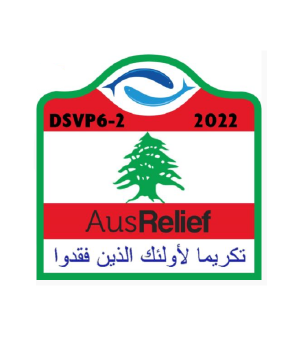
DSVP6-2A “Sons of Lebanon”
Location: Tripoli, Lebanon
Dates: 2022
Description: The unfortunate sinking of a refugee boat led to the loss of many lives and many disputes over how the boat sunk and made terrible loss for the families. Pisces VI was hired by a humanitarian organization to conduct an investigation and conduct a ceremony for those who were lost. The mission was highly successful in locating the first pieces of debris from the wreak and the first body in the first dive and then locating the wreak in the second dive and conducting a throughout investigation. A very special ceremony concluded the last dive with placing a plaque on the wreak and conducting a prayer through the underwater communication system so the personnel on the surface could also join.

DSVP6-1C Shore Based Operations
Location: Radazul, Tenerife, Spain
Dates: 2022
Description: Full test of the pilot qualifying methods, from ground school, shallow water stick and rudder training, ballast training, etc to different approaches and more advanced techniques.

DSVP6-1B Sea Trials and Training
Location: Radazul, Tenerife, Spain
Dates: 2020-2022
Description: The company was established as a Spanish Sociedad Limitada and permission was obtained from the maritime authority to conduct testing. A series of in water and out of water tests were conducted. Once all tests were satisfactory the tests moved to harbor trials, then mid water diving, then to deep water testing progressively diving deeper with each test. Once the vehicle had been thoroughly tested, a Lloyds Register surveyor was flown to Tenerife to witness the final proving sea trials.
Once all tests were signed and stamped by the surveyor, the company applied for worldwide insurance coverage for conducting human occupied submarine operations. Permission for taking non-experienced passengers was obtained with the requirement of conducting a specially designed safety training. Continuous training dives were conducted to aid in the operations staff earning multiple operations certifications and improving experience.

DSVP6-1A Sea Trials and Training
Location: Vancouver, B.C. Canada
Dates: 2019 - 2020
Description: Since the purchase of Pisces VI in 2015 the submarine had undergone a complete redesign and rebuild of the vehicle in Salina, Kansas, USA. In 2019 the submarine was shipped to Vancouver, British Columbia, Canada with the help of Aquatica Submarines to conduct Lloyds Registry witness tests, conduct sea trials, and conduct operations training. During this mission Aquatica Submarine went out of business and then COVID19 closed the supply chain and the American / Canadian border slowing operations to almost a halt. Regardless, most of the witnessed tests with Lloyds Registry were completed and the operation was moved to the Canary Islands for completion of sea trials.
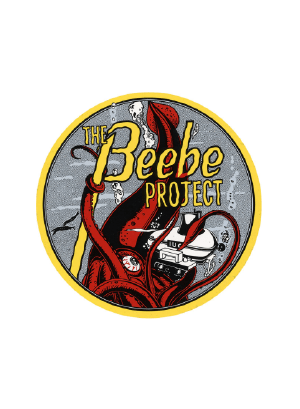
National Geographic William Bebee Project
Location: Bermuda
Dates: 1986-1987
Description: The mission was conducted by IUC (the previous owners of Pisces VI) in partnership with National Geographic, primarily to get the first film of a giant squid. The other primary study was being conducted by Dr. Eugenie Clark (AKA: Shark Lady) for studying deep water sharks. The mission was not successful in filming the giant squid, yet with many troublesome storms during the expedition, it was a huge success with shark research. Also accompanying the expedition was the Johnson Sea-Link submarine which conducted many tandem dives with Pisces VI. National Geographic film makers created the documentary “Half a mile down” which highlighted the shark research conducted by Dr. Eugenie Clark. Artist Glen Loats accompanied several dives and made detailed illustrations of many deep-sea creatures that cameras could not capture. The expedition was also featured in National Geographic Magazine.
